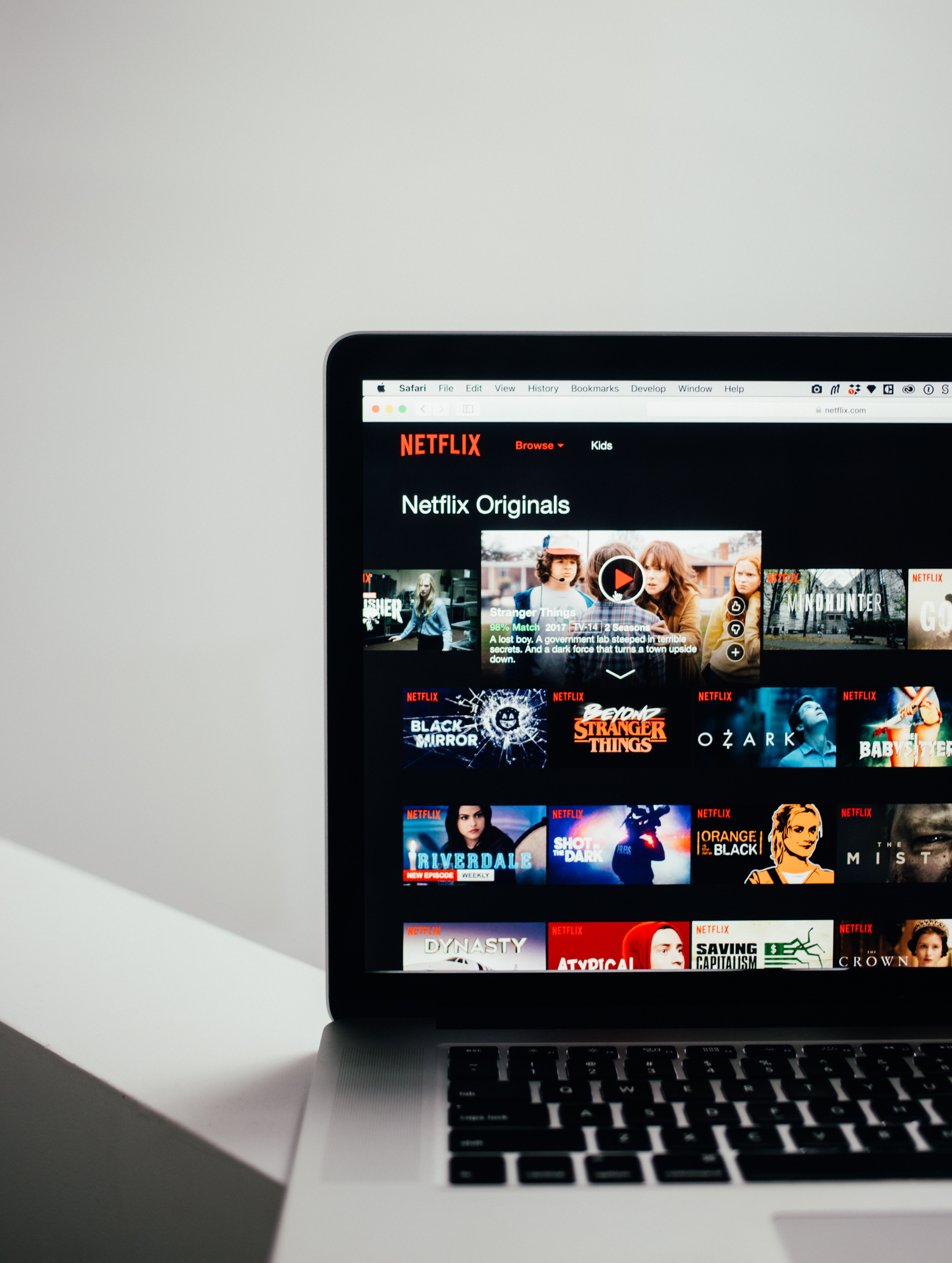Business and Economy
Liberals initial tax on foreign tech giants wouldn’t hit consumers: analysts

Netflix may not be subject to that tax, because the streaming video service doesn’t sell advertising and it’s unclear whether any of its activities would be subject to the revenue tax, C.D. Howe policy analyst Rosalie Wyonch said Tuesday. (Photo by Charles 🇵🇭 on Unsplash)
TORONTO — A set of proposed taxes on foreign technology companies that do business in Canada would have little to no immediate effect on subscribers to foreign digital services like Netflix, experts say.
Tax experts who have looked at the Liberal platform say it seems to be contemplating two different kinds of new taxation aimed at large multinational technology companies, but provides a clear timetable for only one type of tax.
That’s a three per cent tax to be levied on certain corporate revenue generated in Canada — what the Liberals describe as “the sale of advertising and user data” — beginning April 2020, if the Liberals return to power after the Oct. 21 election.
Netflix may not be subject to that tax, because the streaming video service doesn’t sell advertising and it’s unclear whether any of its activities would be subject to the revenue tax, C.D. Howe policy analyst Rosalie Wyonch said Tuesday.
Wyonch noted that an analysis done for the Liberals by the non-partisan parliamentary budget office doesn’t refer to “user data” as the party does but to the undefined term “digital intermediation services.”
The Liberals will have to define what they mean by “digital intermediation services” because the OECD group of countries applies the term to a wide range of activities.
“Data is definitely one aspect, but it could be much broader given the OECD definition,” Wyonch said.
However, she said the Liberal platform signals that the party isn’t ready to require foreign digital services, like Netflix, to collect federal goods and service tax (GST) or a combined federal-provincial sales tax known as HST.
KPMG tax partner Walter Sisti said the Liberals would tax large foreign companies with at least $1 billion of global annual revenue, including at least $40 million of revenue in Canada from digital advertising and intermediary services.
That type of tax on revenue would be different from the corporate income tax paid by companies with a physical presence in Canada, Sisti said.
“Currently, if you don’t have a physical presence in Canada there will be no corporate tax implications because you have no bricks and mortar here,” Sisti said.
On the other hand, he said, the Liberals don’t appear to be ready to have non-resident companies collect a five per cent sales tax from consumers on behalf of Canada Revenue Agency, plus sales taxes levied by the provinces.
Both tax experts noted that the Liberals say they’ll “work to achieve” a level playing field for Canadian digital service providers in a consensus with the OECD member countries.
An analysis of the Liberal platform, done by the PBO at the party’s request, estimated that it would generate $540 million of new revenue in the first full year (2020-21) and rise each year to about $890 million in 2025-26.
However, the PBO said there’s “high uncertainty” about what the government will actually receive.
“The uncertainty derives primarily from the difficulty in accurately estimating the tax base,” the PBO analysis says.
Facebook — which would likely be subject to the new levies on revenue from sales of digital advertising and user data — issued a statement saying that it pays applicable taxes in the countries were it operates, including Canada.
But Facebook added it would like the opportunity to discuss new rules with parliamentarians and the federal government “to make sure that we get it right.”
A Google representative said the company wasn’t commenting on the Liberal policy while Amazon referred questions to the Information Technology Industry Council.
ITI vice-president of policy Jennifer McCloskey said in an emailed statement that it is “critical that countries around the world co-operate to address these questions through the ongoing discussions at the Organization for Economic Co-operation and Development (OECD),”
“Unilateral proposals that depart from stable, predictable international tax policies increase the likelihood of global tax policy fragmentation and remain unacceptable.”





















